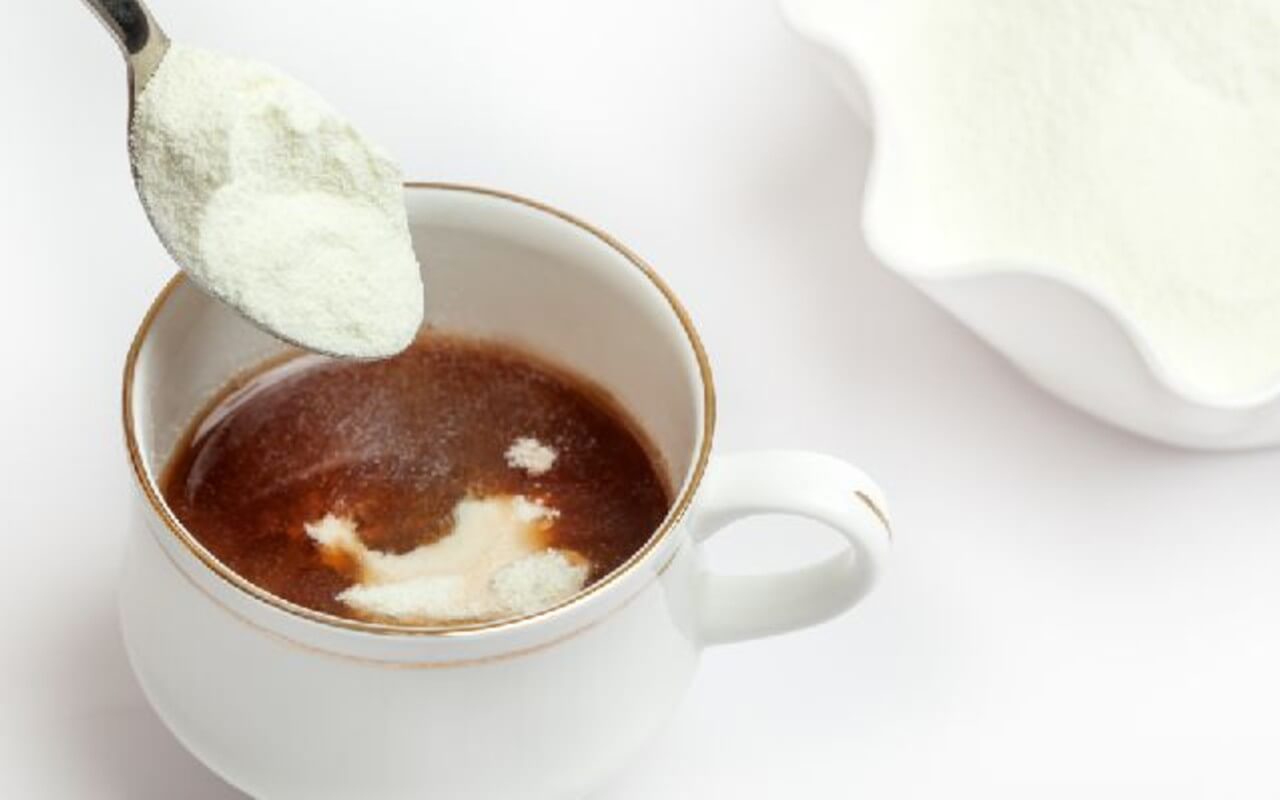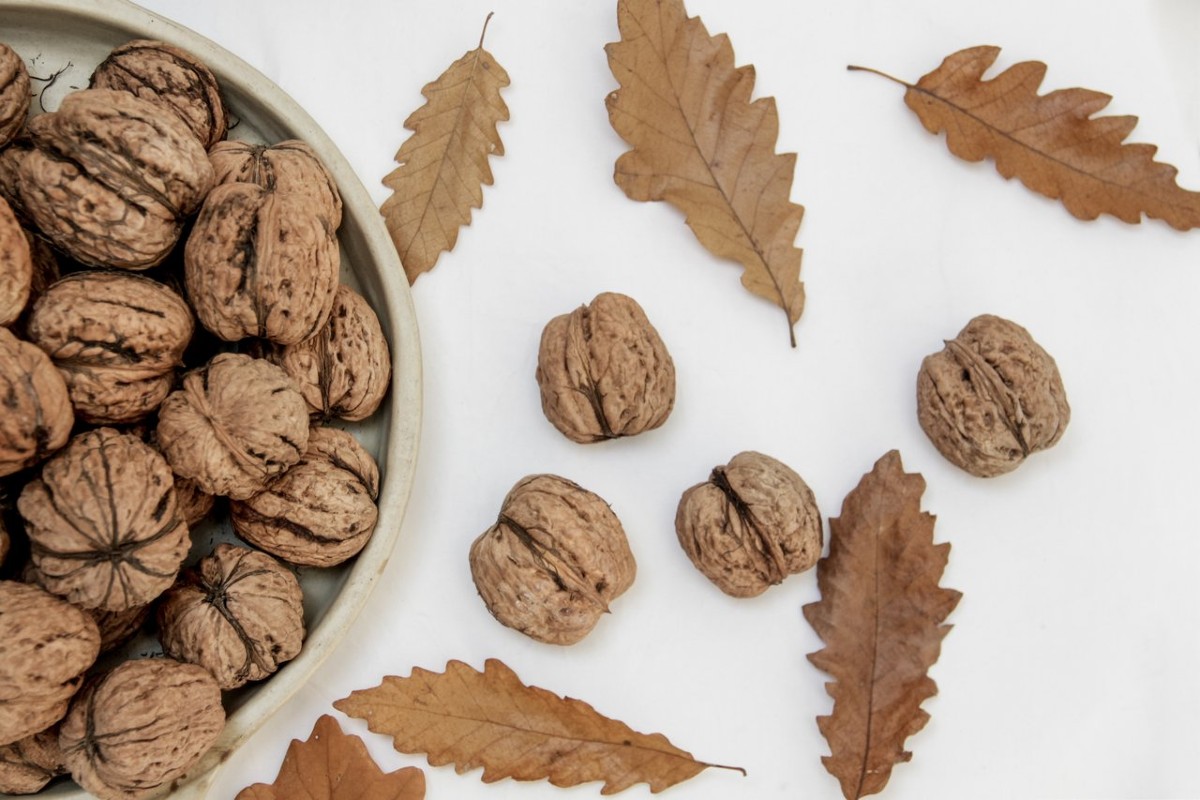Fluid milk is disliked by many because of the visible floating cream and taste differences afforded by the different brands. A solution to these millions, who also find it more convenient to use a powder instead, is the dairy whitener. But – does a dairy whitener present you the same food value as fluid milk? Let’s find out!
Milk powder is a means of preserving fresh milk by removing the moisture from it, thereby concentrating the dissolved, or solid, components of milk such as protein, carbohydrates, fats, and micronutrients. Milk powder acts as a substitute for liquid milk and has a longer shelf life. Milk powder may or may not contain added sugars such as glucose or sucrose.
A ‘dairy whitener’, on the other hand, is a granular product made by dehydrating bovine milk and adding approximately 20% additional sugars. It has the ability to ‘whiten’ tea and coffee or any other food it is added to. Dairy whiteners also neutralize coffee acids, thereby resulting in a milder caffeinated beverage. They are ‘smoother’ than powdered milk, i.e. they dissolve evenly in a hot beverage, and do not cause the lumpiness associated with milk powders.
This is because dairy whiteners have added emulsifiers which prevent the fat particles from separating out in solution. Dairy whiteners are also known to have a number of unhealthy additives such as hydrogenated oils and palm oils. Reading the label on the product will give you an idea of the contents within.
Another industry invention commonly used in hot beverages is Non-Dairy Creamer, often mistaken for Dairy Whiteners or Milk Powders. However, as the name suggests, the product is ‘non-dairy’, which means that it is not the product of the dairy industry and does not contain any of the natural constituents of milk such as lactose or casein, or whey.
It is a ‘put-together’ dairy analog often made from a combination of the following ingredients – Corn Syrup Solids, Partially Hydrogenated Vegetable Oils, Sodium Caseinate (the only ‘dairy’ ingredient), Dipotassium Phosphate, Mono- and Diglycerides, Sodium Stearoyl Lactylate, Soy Lecithin, Artificial Flavours, and Artificial Colours.
This product is ideal for a vegan or an individual allergic or intolerant to dairy, although the sodium caseinate may trigger a reaction in extremely sensitive individuals. Non-dairy creamers are available either in powder or liquid form.
To conclude – if nutrition is of importance to you, powdered milk scores over dairy whiteners as the latter have lesser proteins and micronutrients than milk powders, in addition to having a few less-healthy additives and more calories from added fat and sugar.
The discerning consumer will also be able to recognize taste differences between products. The bottom line: Read food labels and educate yourself before you make your choice of the white stuff!!



























